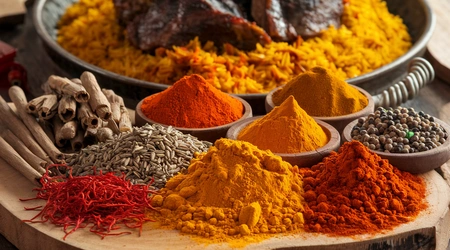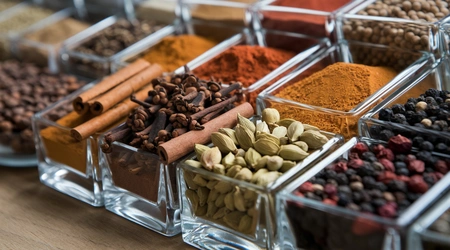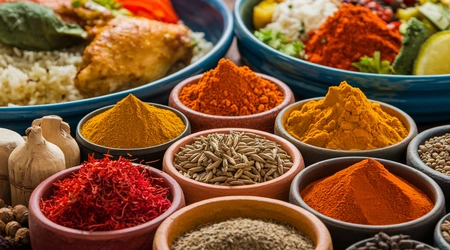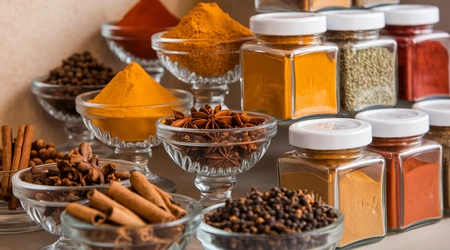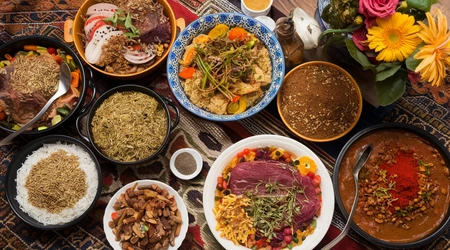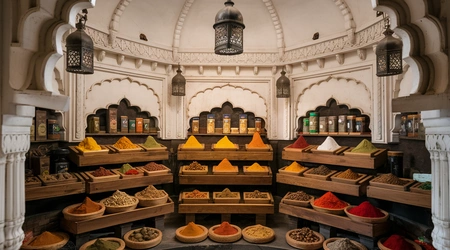
Spices and sauces are essential elements of global cuisines, adding depth, flavor, and diversity to meals while offering a variety of health benefits. Beyond their culinary appeal, many spices and sauces contain nutrients and bioactive compounds that contribute to overall health, making them valuable components of a balanced diet.
Spices are derived from seeds, bark, roots, or fruits of plants and are often rich in antioxidants, vitamins, and minerals. For instance, turmeric contains curcumin, a powerful anti-inflammatory compound known for its potential to improve joint health and reduce the risk of chronic diseases. Similarly, cinnamon is celebrated for its ability to regulate blood sugar levels, while ginger supports digestion and relieves nausea. Black pepper, often referred to as the "king of spices," enhances nutrient absorption and stimulates the digestive system.
Herbs like basil, parsley, cilantro, and rosemary also fall into this category, offering antioxidants and essential oils that promote health. For example, oregano contains carvacrol and thymol, compounds that have antibacterial properties, while rosemary is believed to enhance memory and concentration.
Sauces, on the other hand, not only enhance the flavor profile of dishes but can also provide nutritional value, depending on their ingredients. Tomato-based sauces, like marinara, are rich in lycopene, an antioxidant linked to improved heart health and reduced cancer risk. Soy sauce, while high in sodium, contains amino acids and antioxidants, and low-sodium varieties can be a healthier alternative. Fermented sauces, such as miso or tamari, contribute probiotics that support gut health.
However, it is important to be mindful of certain sauces that may be high in sugar, sodium, or unhealthy fats. Opting for homemade versions or carefully reading labels can help reduce these risks while maximizing their nutritional benefits. Using spices as natural flavor enhancers can also reduce the need for excessive salt, sugar, or fat in recipes, making meals both healthier and more flavorful.
Spices and sauces also play a cultural and sensory role, transforming simple ingredients into vibrant, aromatic, and satisfying dishes. From the smoky flavor of paprika to the tangy kick of mustard, they encourage creativity in cooking while allowing individuals to explore a variety of global flavors.
In conclusion, spices and sauces are more than just culinary tools; they are powerful allies in promoting health and well-being. By incorporating a wide range of spices and choosing nutrient-rich sauces, individuals can enjoy flavorful meals while reaping their numerous health benefits. Moderation and mindful selection remain key to making the most of these versatile ingredients in a balanced diet.

